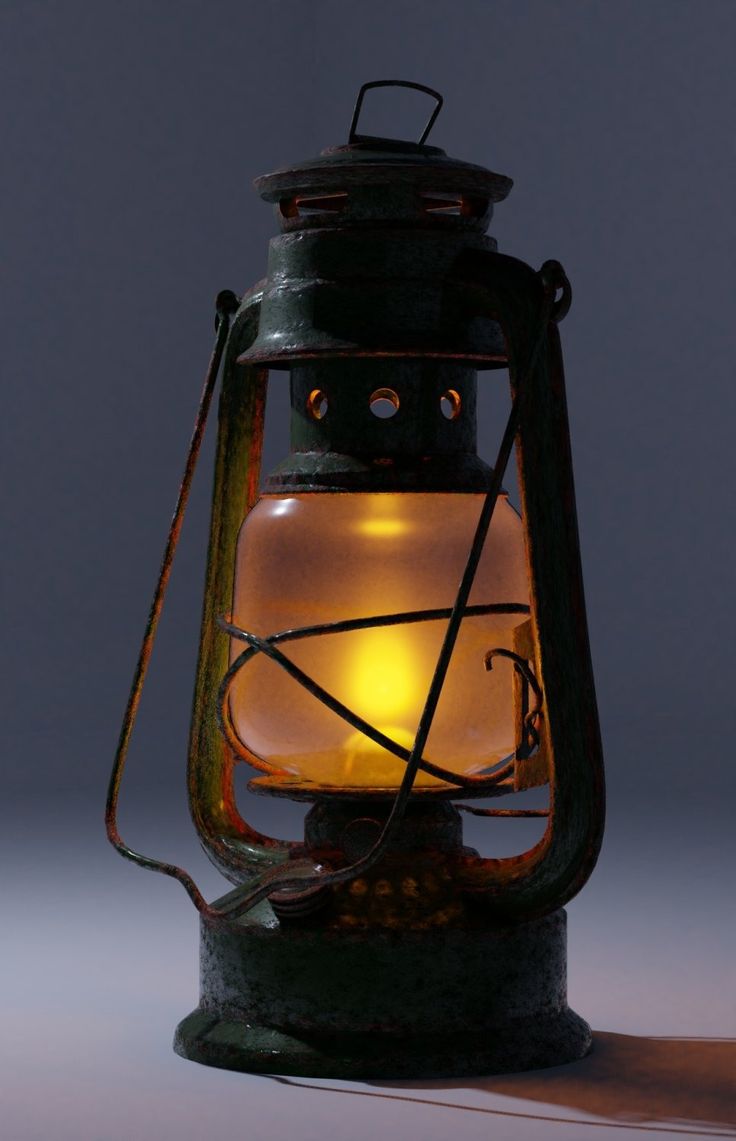African Traditions and Progressive Ideologies
“I am not African because I was born in Africa but because Africa was born in me.” - Kwame Nkrumah
I can't stop myself from laughing each time I watch an African Mum joke on the internet because it always seems that the typical African Mum is oblivious of the fast changing world and she still gawks at everything contemporary as if they were from Planet Pluto. I recall an interracial couple who posted a funny reel recently on YouTube. The husband was cooking and also backing their toddler while the wife was busy on her phone with her legs on a stool. Immediately the wife heard her mother's voice at the door, she moved like lightning to take over the cooking from her husband and also carried the toddler to avoid being scolded by her mother.
As funny as this may seem, as a Nigerian Mum, I can relate to this incident. Often, we are confronted with the values and traditions of being Africans against the progressive thoughts that are spreading across nations on gender equality, women rights and empowerment. Sometimes, the choice of a foreign ideology begins to contradict what is considered morally right as an African. Educated African Mums are easy victims of this dilemma.
How can I forget when I had my first son and a relative was shocked that I refused that my son's navel should be cared for using the orthodox way they knew. Usually, a clean cloth is placed on a lighted local lantern so that the heat from the lantern can be transferred to the baby's navel, to make the umbilical cord fall off faster. Well, I refused and became the “talk of the town”. The fact that I dared to defy an old tradition made many tag me an insubordinate wife. Was I right to be adamant?
I wouldn't say I was right or wrong but that many folks resist change simply because they think it will upturn the traditions they hold dear. Truth be told, there are many traditions that are due to be modified to suit the current age. I know my mum cared for my younger siblings and I, using this traditional method and we survived but is this method still relevant today?
At the hospital, I understood the logic in the idea that the cloth used on the navel might give the baby infections if not properly maintained. Also, the caregiver of the baby might burn the baby's navel in error. So I stuck to the idea of applying chlorhexidine gel on the navel and making sure I do not cover the area with the baby's diaper. This idea was new to many Nigerian mums at that time and I recall some other mothers who shared the experience of using the traditional method rather than the gel. Surprisingly and thankfully, of all the mothers that I knew had their baby at the time I had mine, my baby’s navel fell off just about three days after I birthed him. I knew I had definitely set a precedent for upcoming mothers.
I did not share this story to prove a right or wrong but to point out the need for flexibility. Acceptance of progressive ideas brings about positive changes and growth. I recently wrote a short story on daughters and their ordeal in the hands of their mother-in-laws. The story focused on an African mother-in-law who was bent on chasing away her son's love simply because she did not meet up to the standard she wanted. This is just one of the challenges of culture and values. They are often misused by many for selfish interests and not for humanity.
African Mums deserve wholesome and standard living. As long as their actions do not disregard the value of human life, I believe culture can evolve. Those areas of our culture that do not elevate the dignity of women, endangers maternal health or promotes child morbidity and mortality should be eradicated while we promote the true beauty of African culture. Such beauty includes promoting traditional practices of children's naming ceremony, traditional marriages, hairstyles, native foods, local tourism; we know how vast the African culture spans. Imagine the loss if Mary Slessor had been highly resisted when she wanted to stop the killing of twins?
It's a good thing that many contemporary African Mums are diversifying. They are in tech, the media, fashion industry, education, politics and so much more yet, many Africans are losing the essence of hybridization itself. Hybridization refers to interactions between the local cultures and global ones. These emerging trends should not eradicate the African values and cultural heritage rather, they should enhance them to suit evolving practices like technology and innovations. Hybridization should not make Africans change their beautiful names to foreign simply because they consider theirs substandard.
Kwame Nkrumah’s words, having Africa born in you means, appreciating and preserving your origin. We have beautiful names, fashion styles, art and crafts, music, dance that can be passed to the younger generation. African Mums should realize that however they preserve their heritage is what they pass on to their children. We know for sure that if all cultures become homogeneous, we would lose that beauty in cultural diversity. We, as African Mums of the 21st Century, have the job of creating a balance in hybridisation and maintaining what is left of our African heritage.
*Green Lantern image is from Badejo Olatuiyi's African Digital Art
I can't stop myself from laughing each time I watch an African Mum joke on the internet because it always seems that the typical African Mum is oblivious of the fast changing world and she still gawks at everything contemporary as if they were from Planet Pluto. I recall an interracial couple who posted a funny reel recently on YouTube. The husband was cooking and also backing their toddler while the wife was busy on her phone with her legs on a stool. Immediately the wife heard her mother's voice at the door, she moved like lightning to take over the cooking from her husband and also carried the toddler to avoid being scolded by her mother.
As funny as this may seem, as a Nigerian Mum, I can relate to this incident. Often, we are confronted with the values and traditions of being Africans against the progressive thoughts that are spreading across nations on gender equality, women rights and empowerment. Sometimes, the choice of a foreign ideology begins to contradict what is considered morally right as an African. Educated African Mums are easy victims of this dilemma.
How can I forget when I had my first son and a relative was shocked that I refused that my son's navel should be cared for using the orthodox way they knew. Usually, a clean cloth is placed on a lighted local lantern so that the heat from the lantern can be transferred to the baby's navel, to make the umbilical cord fall off faster. Well, I refused and became the “talk of the town”. The fact that I dared to defy an old tradition made many tag me an insubordinate wife. Was I right to be adamant?
I wouldn't say I was right or wrong but that many folks resist change simply because they think it will upturn the traditions they hold dear. Truth be told, there are many traditions that are due to be modified to suit the current age. I know my mum cared for my younger siblings and I, using this traditional method and we survived but is this method still relevant today?
At the hospital, I understood the logic in the idea that the cloth used on the navel might give the baby infections if not properly maintained. Also, the caregiver of the baby might burn the baby's navel in error. So I stuck to the idea of applying chlorhexidine gel on the navel and making sure I do not cover the area with the baby's diaper. This idea was new to many Nigerian mums at that time and I recall some other mothers who shared the experience of using the traditional method rather than the gel. Surprisingly and thankfully, of all the mothers that I knew had their baby at the time I had mine, my baby’s navel fell off just about three days after I birthed him. I knew I had definitely set a precedent for upcoming mothers.
I did not share this story to prove a right or wrong but to point out the need for flexibility. Acceptance of progressive ideas brings about positive changes and growth. I recently wrote a short story on daughters and their ordeal in the hands of their mother-in-laws. The story focused on an African mother-in-law who was bent on chasing away her son's love simply because she did not meet up to the standard she wanted. This is just one of the challenges of culture and values. They are often misused by many for selfish interests and not for humanity.
African Mums deserve wholesome and standard living. As long as their actions do not disregard the value of human life, I believe culture can evolve. Those areas of our culture that do not elevate the dignity of women, endangers maternal health or promotes child morbidity and mortality should be eradicated while we promote the true beauty of African culture. Such beauty includes promoting traditional practices of children's naming ceremony, traditional marriages, hairstyles, native foods, local tourism; we know how vast the African culture spans. Imagine the loss if Mary Slessor had been highly resisted when she wanted to stop the killing of twins?
It's a good thing that many contemporary African Mums are diversifying. They are in tech, the media, fashion industry, education, politics and so much more yet, many Africans are losing the essence of hybridization itself. Hybridization refers to interactions between the local cultures and global ones. These emerging trends should not eradicate the African values and cultural heritage rather, they should enhance them to suit evolving practices like technology and innovations. Hybridization should not make Africans change their beautiful names to foreign simply because they consider theirs substandard.
Kwame Nkrumah’s words, having Africa born in you means, appreciating and preserving your origin. We have beautiful names, fashion styles, art and crafts, music, dance that can be passed to the younger generation. African Mums should realize that however they preserve their heritage is what they pass on to their children. We know for sure that if all cultures become homogeneous, we would lose that beauty in cultural diversity. We, as African Mums of the 21st Century, have the job of creating a balance in hybridisation and maintaining what is left of our African heritage.
*Green Lantern image is from Badejo Olatuiyi's African Digital Art


